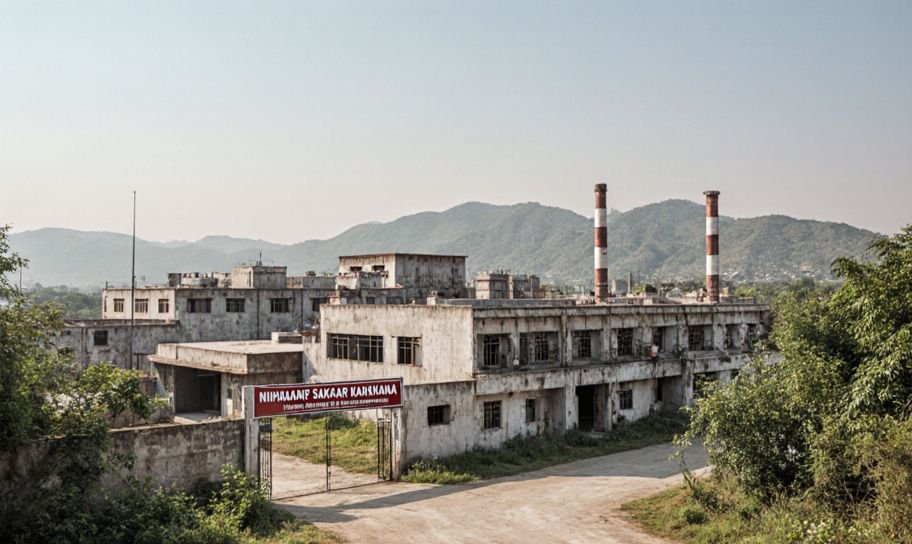
Summary: The Bombay High Court canceled an order that stopped B.T. Kadlag Constructions from making payments related to a rented factory. The case involves unpaid worker benefits by Niphad Sahakari Sakhar Karkhana, with the court deciding that the proper steps weren't followed.
B.T. Kadlag Constructions got into a legal mess when the Employees Provident Fund Organization (EPFO) issued an order stopping them from paying money to Niphad Sahakari Sakhar Karkhana, which owed over ₹2.5 crore in worker benefits. The factory was rented to Kadlag by Nashik District Central Cooperative Bank, which took control because of unpaid loans.
Kadlag's lawyer, Mr. Sanskar Marathe, argued that the EPFO's order was not fair. He claimed that Kadlag wasn't responsible for past dues since the rental agreement was with the bank, not the original employer. Meanwhile, Mr. Arsh Misra, representing the EPFO, insisted that worker benefit dues are more important than other debts, citing a Supreme Court decision.
"The EPF Act is a social welfare law meant to protect workers," said Mr. Misra.
The court looked into whether Kadlag, as a renter, was responsible for the unpaid dues under Section 17-B of the EPF Act. Judge N.J. Jamadar noted that the EPFO should have followed a specific process under Section 8-F, which includes notifying and allowing Kadlag to respond before demanding payment.
The court decided that the EPFO's order was given without following the correct steps. It was canceled, but the order was treated as a notice, allowing Kadlag to file a sworn statement contesting the dues.
Kadlag now has three weeks to respond to the notice. The EPFO must then carry out a proper investigation, following the rules outlined in the law.
"The prohibitory order can be considered as a notice under Section 8-F (3)(i) of the EPF Act," ruled Judge Jamadar.
This case shows the importance of following legal steps and the priority given to workers' dues in financial disputes.